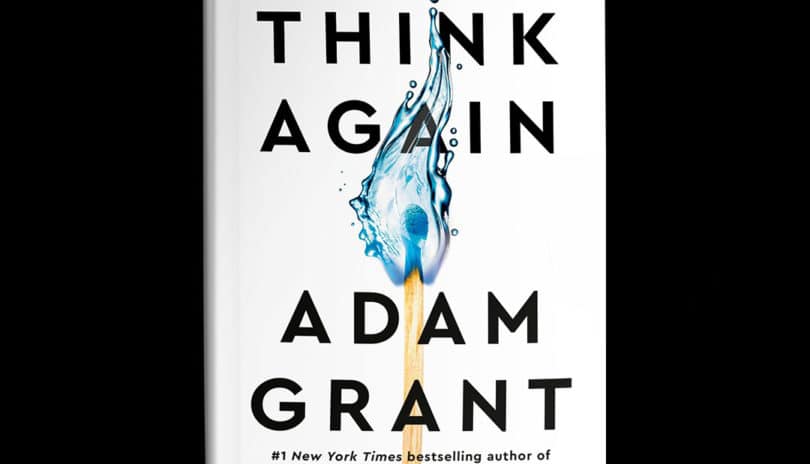In these months so characterized by societal upheaval, hardship, and strife, who knew that inspiration for navigating this time would come my way from a comic Twitter creation, the 81-year-old cultural icon, trophy ex-wife, and friend to all humanity named Duchess Goldblatt. Duchess is a fictional character developed one Tweet at a time. The memoir, Becoming Duchess Goldblatt, tells the story of her evolution on Twitter, along with the healing power of the creation of Duchess on the real-life author.
Twitter is not the obvious place to look for unity nor help in meeting the needs of children in a school, but the Duchess’s voice reminded me of some of the core ways we can keep our DCD community aligned during this time where there is a gravitational pull outward towards isolation, division, and a lack of trust in people and institutions. I know this outward pull will intensify as we get closer to the election, so it is a good time to redouble our efforts to meet the needs of children, and the Duchess’s voice helped me do so.
In the course of developing the character Duchess Goldblatt, the real-life author ends up making friends with admirers who appreciate her creation. One of these people is musician Lyle Lovett, one of my personal favorites who I used to see perform in New Orleans during my law school days. During one exchange with Duchess, she laments that she had thought of something funnier to say than the line Lyle saw on Twitter, but she chose the slightly less funny version so she could follow her personal rule to not poke fun “at” anyone. Lyle’s reply? “That’s a great rule of life, a great lesson for us all. Duchess is ever mindful. It’s her unconditional acceptance that makes her so beloved. You are invisible glue made of goodwill.”
As a society, we are a long way from meeting each other with unconditional acceptance, of acting like invisible glue made of goodwill. Recent media pieces lament the erosion of trust in our society, both in our institutions and in each other. And of course this lack of trust is warranted in many cases. There is much in our country and world that requires our judgements, scrutiny and caution, and many situations where it would be folly to trust; in some cases, our lack of trust is a positive first step in identifying problems and working to make our institutions more trustworthy.
But how does our culture, one that is low on trust, influence a child’s development? We know children need to feel a level of safety in the world to unfold their ability to be the independent, appropriately risk-taking people we seek to develop. Children and adolescents need to feel some trust in the people and institutions that surround them to form strong relationships, a key to their future happiness and success. Fortunately, most children feel they can trust their family of origin, but how far outward does that circle of trust need to expand for healthy child development?
When we form strong bonds with children, we develop their capacity to be big-hearted and trusting, ready to serve as invisible glue made of goodwill; at the same time, when we form strong relationships with children we can guide them intellectually, teach them how to gather data, form critical judgments, and take action based on those judgments. So much is happening in our society to promote a lack of trust – in our election, in our science, in our leaders, in our institutions, and even in our democracy – that it is then more challenging to feel trust where it is warranted. But when we focus on one of the simplest units of school – the profound connection between a child and an adult in our community – we can use that sacred bond to teach children to trust in trustworthy people. Even more, we can instill in them a hopefulness that good and strong institutions can be created from these types of bonds, institutions that are worthy of their trust.
Fostering trust and connection in our community will not make our national election less rancorous, but it can at least help our one community continue to see the humanity in each other, find our common human bonds, and maintain the energy to keep working to build a better world for each and every one of our students to inherit.
Lyle Lovett encouraged the real Duchess Goldblatt to share her story. He told her, “The world needs the story of how you’re using your talents is a force for good. It’s that universal love you foster. That universal acceptance you’re offering people, the community you’re creating. This is why people go to church: to pray together in community. Otherwise we could just stay home and pray alone.” While we don’t pray in our community, our bonds and work of educating and raising children is sacred. Each day we continue to come together to elevate what is best in people, find strength in our connections and relationships with each other, and use our collective power to develop children with the mindsets and skillset to keep making our world one that is worthy of their trust. One Twitter follower wrote and asked Duchess Goldblatt how she manages the disappointment and crushing weight of a broken world. Her reply? “The world is broken, but you are not broken.” Similarly, our bonds to each other are not broken, and that is the invisible glue of goodwill we all need to sustain us during this time.








